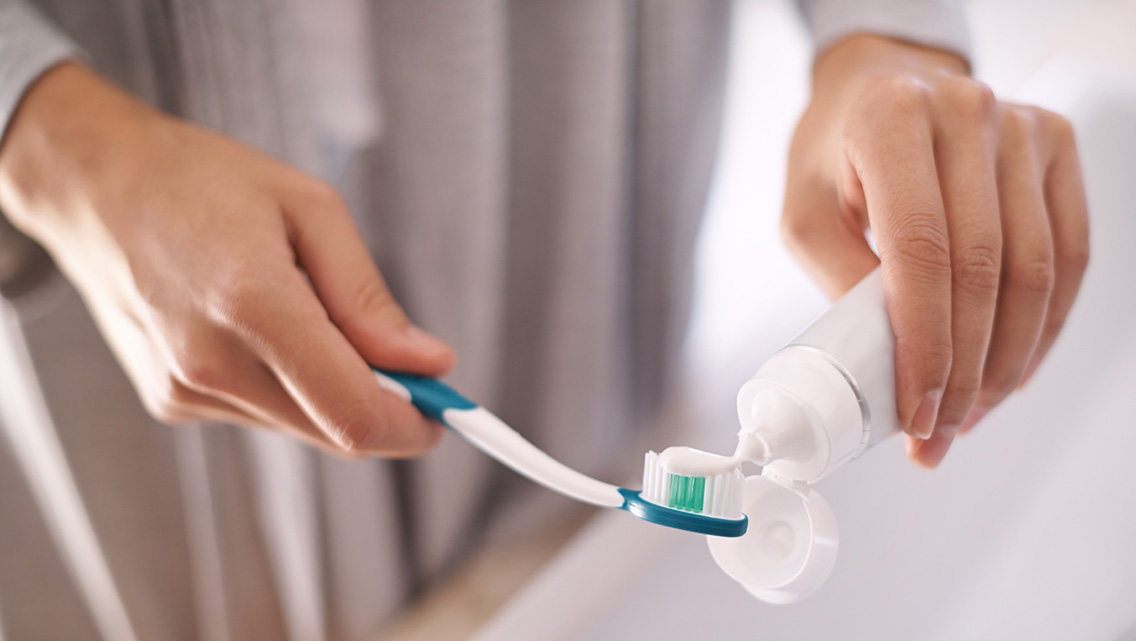Gums that bleed occasionally may indicate a slight microbial imbalance that can be addressed by a dentist via routine cleaning and a redoubled commitment to flossing and brushing. But Steven Lin, DDS, author of The Dental Diet, suggests that bleeding gums alongside consistent hygiene may be the first sign that your body is experiencing excess inflammation.
When the gums begin to recede, this can create pockets between gums and teeth where bacteria can accumulate. Eventually, the tissue and bone of the teeth and gums can be damaged, ultimately leading to tooth loss.
“With gum recession, we look to see if it’s happening in the presence of inflammation,” explains functional dentist Mary Ellen Chalmers, DMD. If there’s no evidence of inflammation, the recession could be the result of orthodontic treatment or structural issues with the bite.
If there is inflammation, it might be a result of pathogenic bacteria burrowing into the gums and causing gum disease. Cytokines are released by the immune system as it battles pathogenic bacteria, says family and sleep-medicine dentist Mark Burhenne, DDS.
“[The inflammatory response] melts away your gum tissue — a disadvantage of the complexity of our immune system.”
Regular dental cleanings are your best first defense against the bacteria-laden plaque that commonly irritates gum tissue and can cause it to recede.
For more persistent bacterial issues, some dentists use tools such as diode lasers and ozone therapy (cleaning the periodontal pockets with ozonated water or concentrated ozone gas); this can help eliminate pathogenic bacteria in the gums. These treatments can also disrupt the biofilms that bacteria create to protect themselves from sterilizing mouthwash.
Integrative and functional-medicine researcher Cass Nelson-Dooley, MS, notes that even stress can contribute to tissue loss in the gums and elsewhere. “Cortisol is a wear-and-tear hormone. It’s hard to build healthy tissue in a chronic stress state.”
To take care of your gums:
- Brush gently with a soft toothbrush.
- Avoid harsh oral products.
- Get routine cleanings.
- Breathe through your nose as much as possible.
- Look into possible gluten sensitivity.
- Eat a diet rich in vitamins A and K2, as well as calcium and magnesium.
- Investigate laser or ozone therapy, which can eliminate pathogens in the gums that scaling or cleaning can miss.
- Manage stress.
This was excerpted from “What Your Mouth Is Trying to Tell You” which was published in Experience Life magazine.





This Post Has 0 Comments